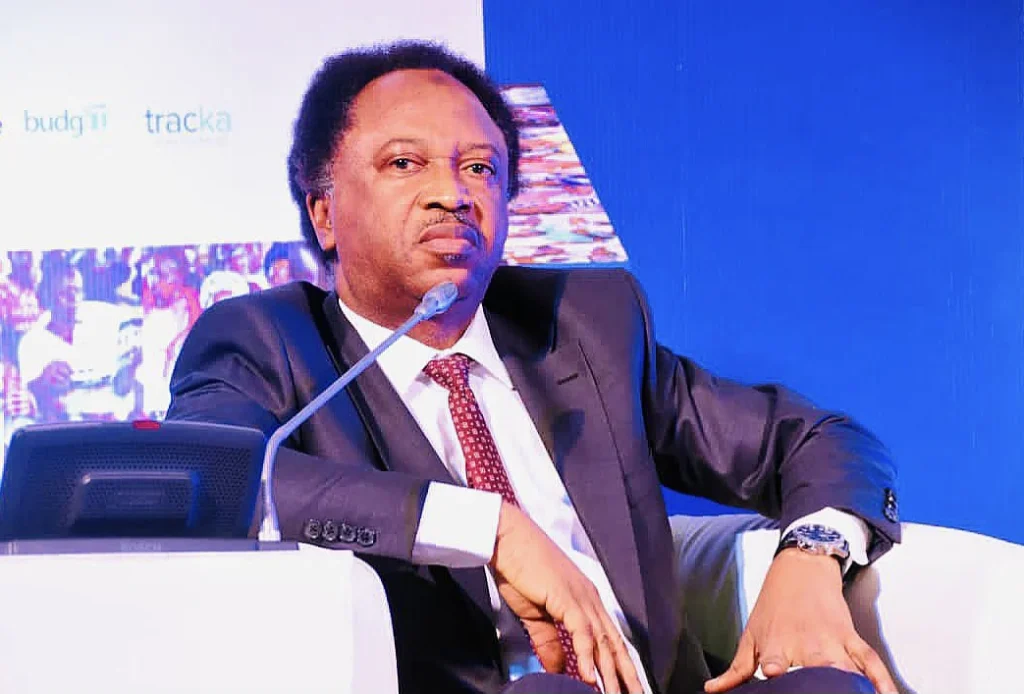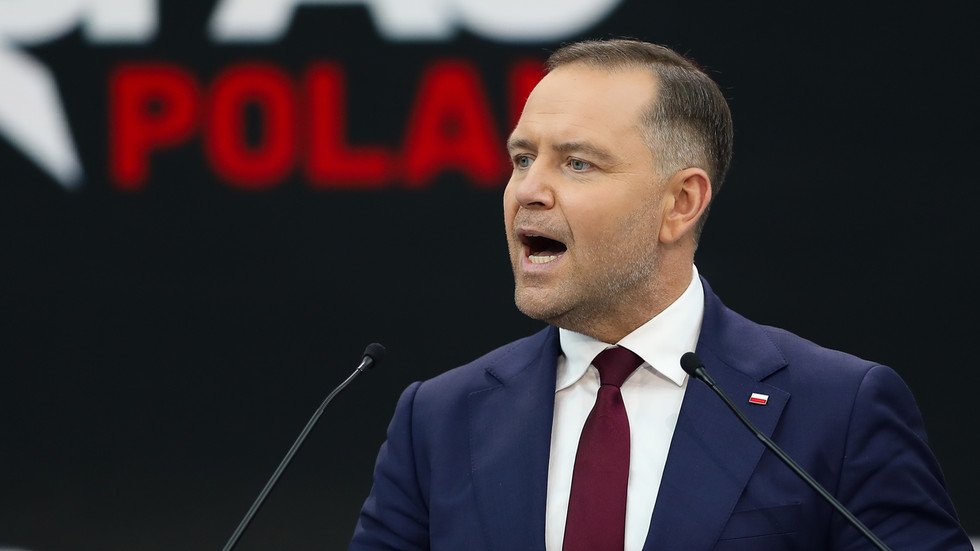Kano State in Nigeria is set to launch a large-scale vaccination campaign on October 6, aiming to immunize over seven million children against measles-rubella and polio. The campaign, which will run for 10 days, is part of a nationwide effort to vaccinate 106 million children across Nigeria.
According to Dr. Ahmad Tijjanu Habibu, Director of Disease Control at the Kano State Primary Healthcare Management Board, this campaign is the largest of its kind in sub-Saharan Africa. The integrated campaign will deliver multiple vaccines, including routine immunization, hepatitis, HPV, polio, and treatment for onchocerciasis, a neglected tropical disease.
The campaign aims to increase efficiency, save costs, and reduce the burden of numerous campaigns on the public. Each vaccine has a different age range, with routine immunization targeting children from 0 to 23 months, measles-rubella targeting children from 9 months to 14 years, and polio targeting children under five.
The measles-rubella vaccine is being introduced to address the issue of children still contracting measles despite being vaccinated. Evidence suggests that rubella is the cause of milder forms of measles, prompting the introduction of the combined measles-rubella vaccine.
The campaign is being carried out in collaboration with the Federal Ministry of Health, National Primary Health Care Development Agency, WHO, Gavi, Bill and Melinda Gates Foundation, civil society groups, and the Kano State Government. The exercise will be implemented using fixed posts, temporary posts, and sweep teams.
Nigeria plans to carry out the campaign in two phases, with Kano being one of the states in the first phase. The progress made in reducing polio cases in Kano, from 31 cases in 2024 to three in 2025, has been commended by UNICEF. However, the organization has called for stronger government involvement to reach full eradication.
The media has been urged to play a critical role in the success of the campaign by sharing accurate information on vaccine benefits and target age groups, mobilizing communities, dispelling myths, and promoting vaccine uptake, especially among hard-to-reach populations. With the campaign set to begin on October 6, the focus is on ensuring its success and ultimately achieving the goal of eradicating these diseases.



